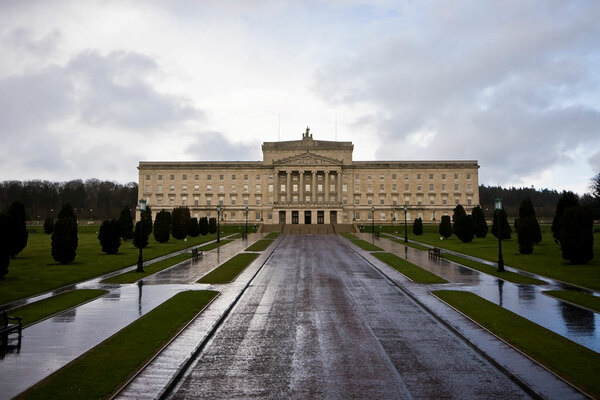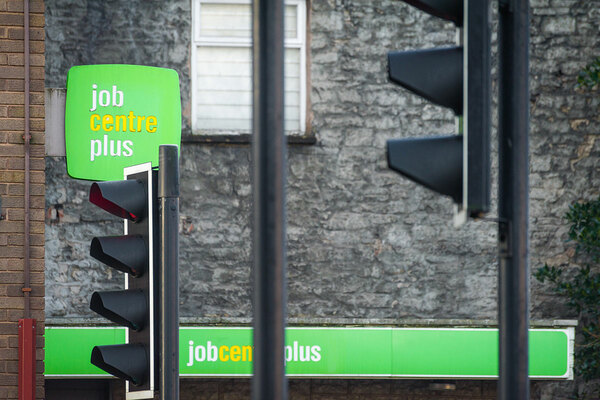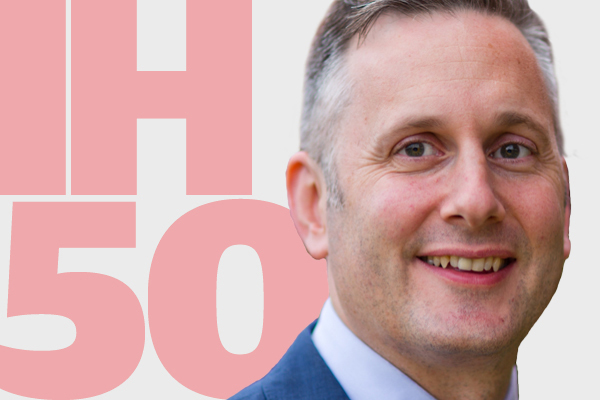You are viewing 1 of your 1 free articles
Northern Ireland officials relax Universal Credit hardship fund rules
Northern Ireland’s Department for Communities (DfC) has moved to relax the criteria for Universal Credit claimants to access a £2m-a-year hardship fund.
Civil servants – who are running the region’s government as caretakers in ministers’ continued absence – have removed the requirement for claimants to receive advance payments before being eligible to apply for the Universal Credit Contingency Fund (UCCF).
The UCCF was agreed as part of a welfare reform mitigations package agreed by Northern Ireland’s last functioning government shortly before it collapsed in early 2017.
It is intended to make emergency payments to help people facing financial difficulty after transitioning to Universal Credit from the previous benefits regime.
But a report by the Northern Ireland Audit Office early this year revealed “low uptake”, with only £17,000 paid out between November 2017 and March 2018.
Between 1 April and 30 September this year, £359,614.96 was allocated.
New Universal Credit claimants have so far needed to take out an advance payment during the five-week wait before being eligible for the UCCF and receiving their first payment.
Advance payments are loans which must be paid back through deductions from future Universal Credit awards.
The changes of removing the need for an advance payment will take effect from 1 January 2020, with the welfare mitigations only set to run until 31 March.
Northern Ireland’s housing sector has sounded alarm bells over the end of the mitigation measures – particularly as around 34,000 households could be hit by the so-called bedroom tax.
A joint report by Westminster’s Work and Pensions and Northern Ireland Affairs select committees called for the UK government to pass legislation extending the payments, but Northern Ireland minister Nick Hurd has said it does not have the power to do so.
A spokesperson for the DfC said: “These emergency payments provide financial support to new Universal Credit claimants who continue to experience financial difficulties after receiving a Universal Credit advance and are awaiting their first full payment of Universal Credit.
“This scheme is in place until 31 March 2020.”
However, the department has reviewed the policy and made a decision to remove the requirement for a claimant to have an advance payment first before being eligible to apply to the UCCF.
“This did not require a legislative change and will come into effect from 1 January 2020,” the spokesperson said.











